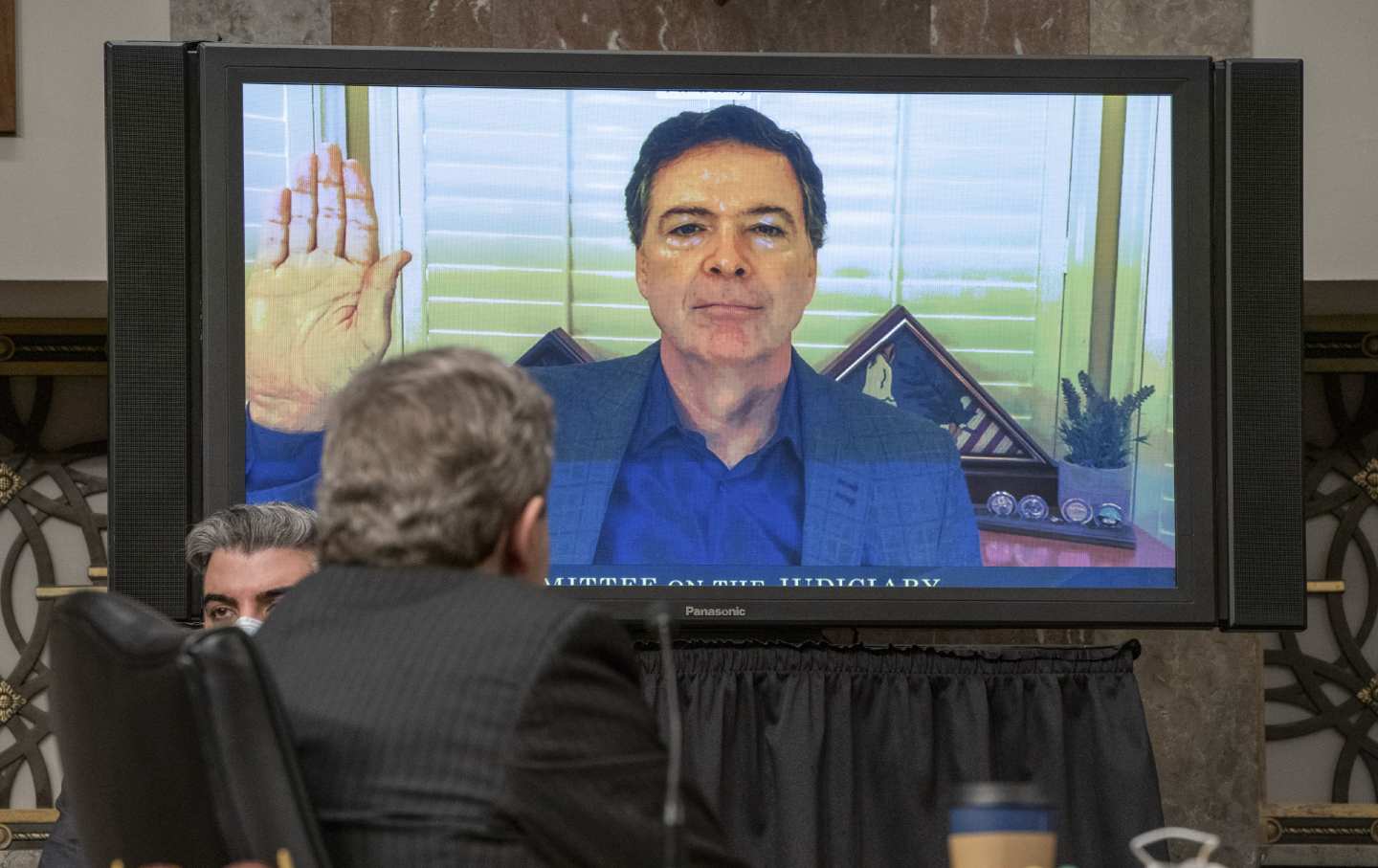
The tragic murder of Charlie Kirk has exposed a deep-seated and troubling truth: American racism is not just a social ill; it is a profound national security threat. As details emerged about the incident, it became painfully clear that the rampant racism within our society is being weaponized, both by foreign adversaries and the very fabric of our domestic landscape.
Following Kirk’s assassination on a college campus in Utah, the public safety commissioner and the governor both expressed a desperate need for assistance in identifying the shooter, who remained unknown amidst the overwhelmingly white environment of the campus. This raises critical questions about the profile of the shooter—likely white, blending seamlessly into an uninformed crowd, while the narrative spiraled towards a frenzy of racial hatred online.
The immediate aftermath saw a surge of racist rhetoric on social media, with calls for violence that echoed the sentiments of a society marred by prejudice. Analysts from the Center for Internet Security and the Institute for Strategic Dialogue identified a significant influx of posts generated by foreign bot networks, primarily from Russia, aimed at inflaming racial tensions. This is not mere coincidence; it’s a calculated move exploiting the intrinsic racism that permeates American society.
In the days following Kirk’s death, six historically Black colleges and universities across the South faced lockdowns due to terroristic threats, a chilling reminder that even in spaces designed for empowerment and safety, Black individuals remain targets of unfounded violence. The manifestations of racism are not isolated incidents; they are linked to a systemic culture that scapegoats and demonizes Black communities, perpetuating a cycle of fear and hostility.
The online realm has become a breeding ground for this cycle, with platforms like Twitter (now X) amplifying hate speech and disinformation. In the wake of Kirk’s murder, tweets calling for retaliatory violence amassed millions of views, fueled by an algorithmic structure that favors engagement over truth. This environment not only distorts public perception but dismantles our capacity for a cohesive democracy, as highlighted by Imran Ahmed, CEO of the Center for Countering Digital Hate.
Yet, the true horror lies in the fact that the exploitation of racism is so effective precisely because it is deeply rooted in American society. The day after Kirk’s murder, HBCUs faced threats born from the same veins of hatred that have long plagued the nation, illustrating the grotesque reality that Blackness continues to be viewed as an enemy in the eyes of many.
Further complicating the matter, various vulnerable communities, including Jewish and transgender individuals, found themselves under attack as the narrative shifted to blame and deflect from the anonymous shooter. Such scapegoating only serves to deepen societal rifts, allowing racism to persist as a tool for division and chaos.
It is crucial to recognize that the online far-right, which includes foreign bots, capitalizes on these racial tensions to incite violence. Kirk himself, known for race-baiting rhetoric, had previously politicized the death of a Ukrainian immigrant woman; it is no wonder that his own life was snuffed out under similar circumstances, a brutal reminder of how intertwined racism and violence have become.
American racism, a perennial issue, has proven to be a potent weapon for those seeking to undermine national unity. The irony is stark: our adversaries, fully aware of the vulnerabilities created by our racial divides, exploit them with ease. The Russian interference in the 2016 presidential election, which heavily focused on racial discord, serves as a historical precedent that is all too relevant today.
Elon Musk’s ownership of Twitter has only exacerbated the problem, with hate speech flourishing under his regime. Rather than mitigating the environment that promotes hatred, Musk has cultivated a platform that thrives on division, all while shielding harmful content from scrutiny. This systemic issue reflects a digital architecture that necessitates urgent reform, but it goes beyond just technological fixes.
As we confront the ugly realities of racial hatred, we must also turn our gaze inward. The acknowledgment of our domestic challenges is essential; we cannot afford to bury our heads in the sand while blaming foreign powers for our issues. Addressing the roots of racism within our own society is imperative if we wish to fortify our democracy against both internal and external threats.
The moment has arrived for a collective reckoning. We must confront the systemic inequities and injustices that have long been swept under the rug, for only then can we begin to heal the wounds that threaten our national integrity. Without such accountability, we remain vulnerable—not just to foreign interference, but to our own fragmented psyche, which allows hatred to flourish unchecked.
This article highlights the importance of Undermines National Security.


